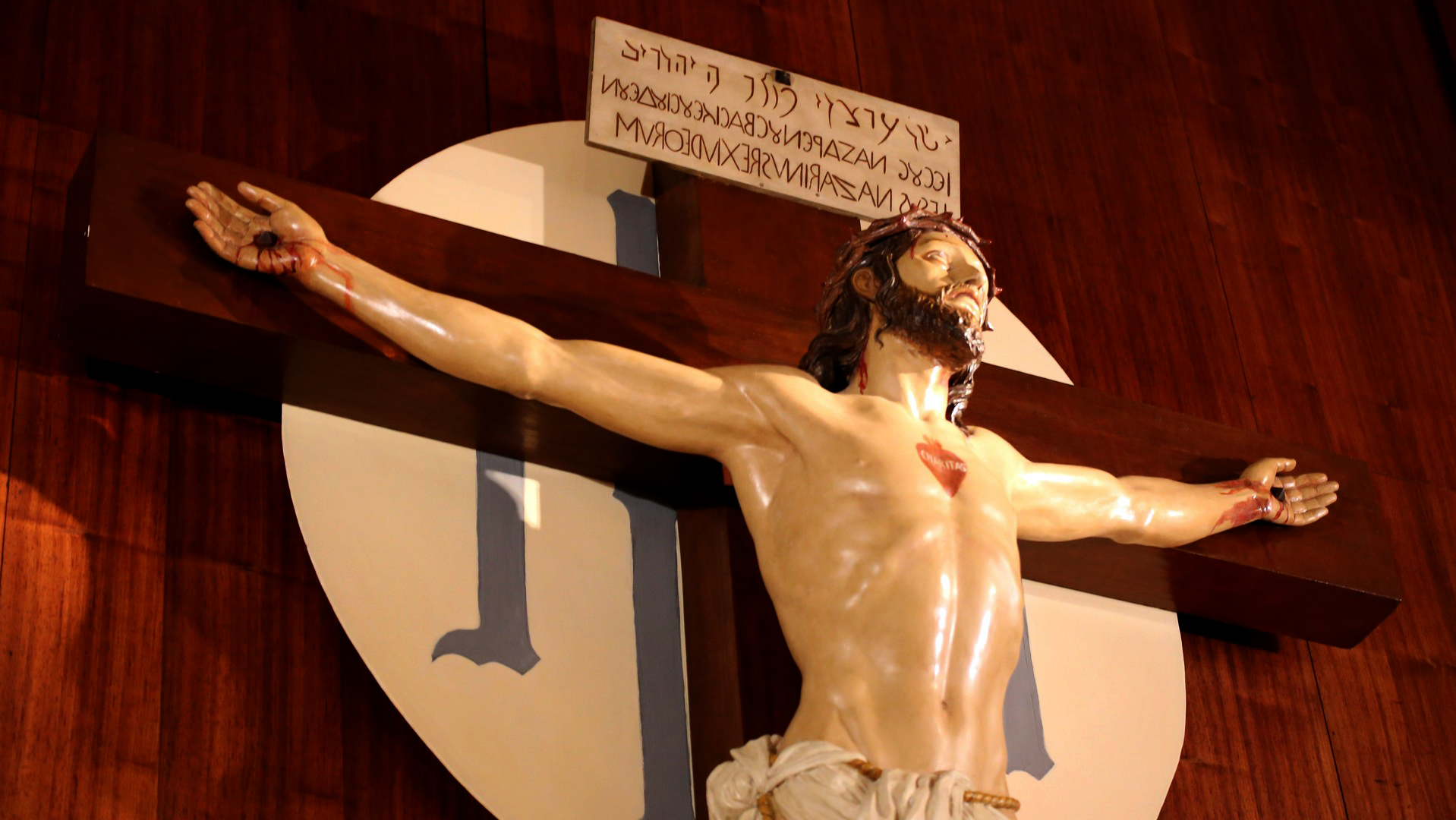
Inner healing seminars
… he took upon himself our sufferings,
Isaiah 53:4
he took upon himself our sorrows …
One of the charisms that has manifested itself in community activity over the years is that of “inner healing.” Such a gift, during so many years, has been developed and offered to a very large number of people through the “Healing Seminar” that Tarcisio Mezzetti – since the early 1980s – had the intuition to offer through a series of catecheses by brothers Dennis and Matthew Linn, followed by moments of guided prayer addressed to the healing of life’s wounds.
With these words, Tarcisio, presented the seminary, identifying the total healing of man – formed by the unity of body, soul and spirit – as the condition for responding with full freedom to God’s call to holiness:
“When we talk about growth in the Christian life, we always talk about overcoming many obstacles that stand in the way of this growth; one of the main obstacles to be overcome is the need to free ourselves from the bonds that block us, making us slaves to our fears of our guilt, our wounds. The road to beat has already been traveled by Jesus, but there is also more.
The prophet Isaiah, speaking of the “suffering servant,” wrote thus:
“Despised and outcast by men, a man of sorrows who well knows suffering, like one before whom one covers one’s face, he was despised and we held him in no esteem. Yet he bore our sufferings, took upon himself our sorrows, and we judged him chastened, beaten by God and humiliated. He was pierced for our sins, crushed for our iniquities. The chastisement that gives us salvation came upon him; by his wounds we were healed” (Isaiah 53:3-5).
Jesus on the cross, therefore, “took on our sufferings, took on our sorrows.“
The words used in Hebrew can be translated eitheras“afflictions” and “sorrows,” or as“diseases” and “suffering“. L'”affliction” and “pain” are sufferings of the psyche, while “sickness” and “suffering” are physical pains. The truth is that Jesus took upon Himself both the physical and mental sufferings of all of us so that through the cross we could be healed.
God’s infinite love therefore reaches out to us from the cross to be total salvation of our whole person: spirit, soul and body. For Scripture, man is the whole of these three dimensions, which cannot be separated. We know well that spiritual illnesses often have reflections also on the psi-che, or the body, while psychosomatic medicine teaches us that prolonged psychic suffering also produces physical illnesses.
St. Paul also affirms this unity of man when he writes to the Thessalonians, “May the God of peace sanctify you wholly, and may your whole person, spirit, soul and body, be preserved blameless for the coming of our Lord Jesus Christ” (1 Thessalonians 5:23).
Therefore, the closer we come to Jesus and be his imitators, the more balanced, strong and spiritually mature his presence will make us.
This maturity will then bear fruit: fruits of inner peace, prayer, giving, patience, strength, courage and of course also perfect development of our whole per-sona, according to God’s merciful and love-filled will.” The Community, in different forms and ways, continues to offer this service in its charitable activities.

 English
English  Español
Español  Italiano
Italiano  Română
Română  Türkçe
Türkçe 